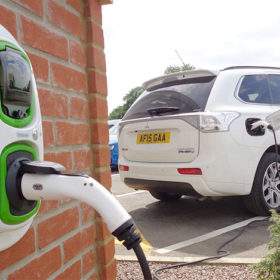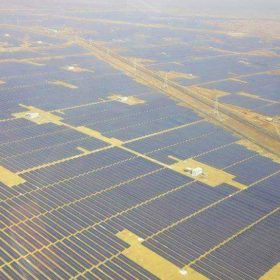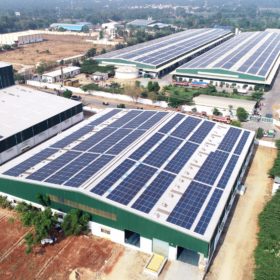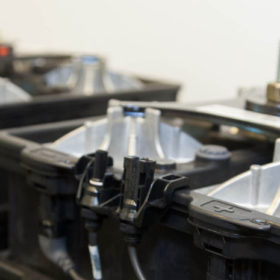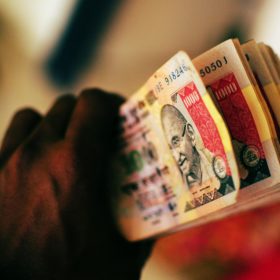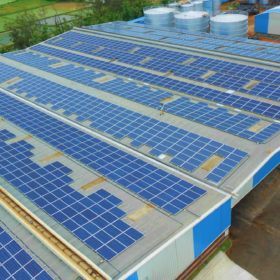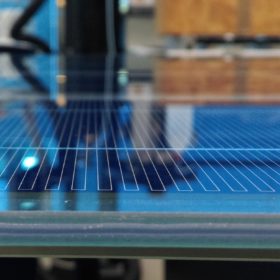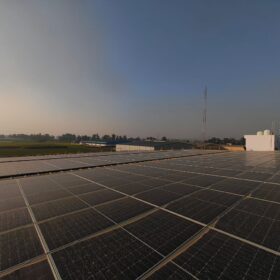Economic Survey calls for $330 billion investment in renewables
The annual report has placed EVs at the heart of India’s decarbonization and called for an Indian answer to the U.S. ‘Motor City’ of Detroit, where electric vehicles and the batteries to run them could be manufactured.
Budget 2019: GST on EVs reduced to 5%, tax incentives on loan
To boost electric vehicle adoption in the country, the government has reduced goods and services tax on electric vehicles to 5% from 12%. Further, it will provide additional income tax deduction of Rs 1.5 lakh on interest paid on loans taken to purchase electric vehicles.
PPA revisit in Andhra Pradesh will impact solar investment: India Ratings
The high-level committee formed by Andhra Pradesh government to review and renegotiate the signed power purchase agreements with wind and solar power developers has the potential to impair the cash flows of projects in the sector.
MNRE approves 12 GW solar scheme for public sector undertakings
Up to Rs7 lakh of funding assistance per megawatt will be available to developers who deploy PV capacity for consumption by public entities. The energy produced will be supplied with a Rs3.50/kWh ceiling tariff and projects will be subject to strict domestic content requirements.
Gujarat targets 30 GW of renewable capacity by 2022
Long regarded as a solar pioneer, the state has now announced grand plans to shoulder the burden of 17% of the nation’s clean energy ambition as India races to install 175 GW of clean energy capacity in just three-and-a-half years.
Four solar based EV charging projects funded under FAME scheme
Proposals by Bharat Heavy Electricals Limited and Rajasthan Electronics & Instruments, Jaipur to set up solar-based EV charging infrastructure have received funding under the government’s FAME India scheme. These projects will come up at Delhi NCR, Udyog Bhwan, and Delhi-Jaipur-Delhi, Mumbai-Pune-Mumbai as well as Delhi-Chandigarh-Delhi highways.
Battery maker CATL ramps up investment in German gigafab to €1.8 billion
Previously, a mere €240 million (Rs1,870 crore) was set to flow into the giga-factory. The corporation’s management reasoned new demand for its battery cells made more investment necessary.
Andhra Pradesh government to reduce payments negotiated under existing power deals
The state government will defy a ministerial order not to renegotiate signed deals after leadership of the legislative assembly changed hands in May’s elections. Consultancy Bridge to India says the contracts are legally binding but the move will shake investor confidence nevertheless.
US investor Encourage Capital raises $40 million to fund rooftop solar for Indian MSMEs
The US-based impact investor will invest in specialized financial institutions in India that can develop and scale commercial rooftop solar finance solutions, serving an estimated US$ 9 billion market opportunity.
What solar manufacturers want from Budget 2019
Indian solar manufacturers are facing a double whammy with USA removing preferential trade status for India and safeguard duty imposed by India nearing fall to 20% from July 2019. Struggling to find domestic as well as export markets, they expect the government to focus on policy direction, not just expenditure.

